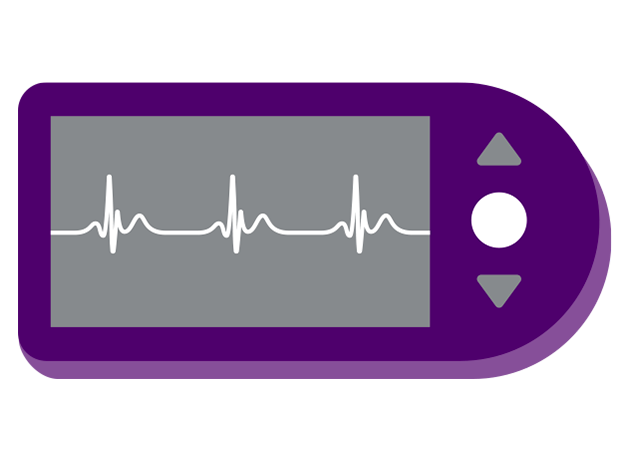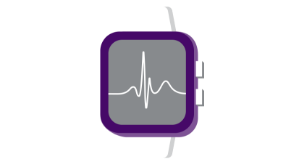Cardiac
Monitoring
Insertable Devices to Detect
Slow or Irregular
Heartbeats
What Is an Irregular Heartbeat?
A heart’s rhythm (heartbeat) is normally between 60 to 100 beats per minute. If your heart beats slower or faster than 60 to 100 beats per minute—or has gaps in the rhythm—you may have an irregular heartbeat called an arrhythmia (pronounced uh-RITH-me-uh).
There are four common arrhythmias:
Bradycardia
A slow heartbeat of fewer than 60 beats per minute.
Tachycardia
A fast heartbeat of more than 100 beats per minute.
Pause
A gap in your regular heartbeat, when your heart does not beat for a few seconds.
Atrial Fibrillation (AFib)
A heartbeat that beats chaotically and/or irregularly.
Do You Have an
Irregular Heartbeat?
Cardiac monitoring can help your doctor determine if you have an irregular heartbeat and what type. Unlike other methods of monitoring, an insertable cardiac monitor (ICM) can track your heartbeat long-term, if necessary.
Use our list of questions to help guide a conversation with your doctor.
There Are Several Ways to Monitor Your Heart
Because an irregular heartbeat can come and go, diagnosis can be tricky. While other methods of heart monitoring only record your heartbeat for up to a month, an ICM—like the small and slim Assert-IQ™ ICM—can monitor continuously for up to 6 years.*
Insertable Cardiac Monitor
An ICM—also referred to as a loop recorder—goes under the skin near your heart. The procedure is minimally invasive. The ICM will do all the work for you, and many patients do not even know it is there.


Holter Monitor
Small patches (electrodes) are placed on your chest and attached to a recording monitor that you carry around. This monitor can record your heartbeat for up to two days.
Event Recorder
This external monitor is attached to your skin and can be worn for up to for 30 days.


Wearables
Fitness wearables and smartwatches may be able to display a short history of your heart rhythm.
Using a wearable may help determine if you should speak to your doctor about more detailed and consistent monitoring with a device such as an ICM.
Finding Answers with ICMs
An ICM, also called a loop recorder, monitors your heart continuously without interrupting your lifestyle.
Abbott offers leading cardiac monitoring solutions, including Assert-IQ™, Jot Dx™ and Confirm Rx™ ICM for dynamic, continuous monitoring. The ICMs, also called loop recorders, are slim insertable monitors and offer longer battery life options to support longterm rhythm management. With Bluetooth®-enabled technology and the easy-to-use myMerlin™ Mobile App, your heartbeat can be continuously monitored by your doctor for faster decision making.**
Freedom to be anywhere, anytime with the
myMerlin Mobile App
The myMerlin Mobile App lets your doctor see when your heart starts beating differently. You can also capture your own symptoms with the app when something does not seem right.
References
* DM5500 Model
** Compared to predicate ICM devices.
An Abbott mobile transmitter is available for patients without their own compatible mobile device.
™ Indicates a trademark of the Abbott group of companies.
‡ Indicates a third-party trademark, which is property of its respective owner.
Bluetooth and Bluetooth logo are registered trademarks of Bluetooth SIG, Inc.
MAT-2108315 v4.0





